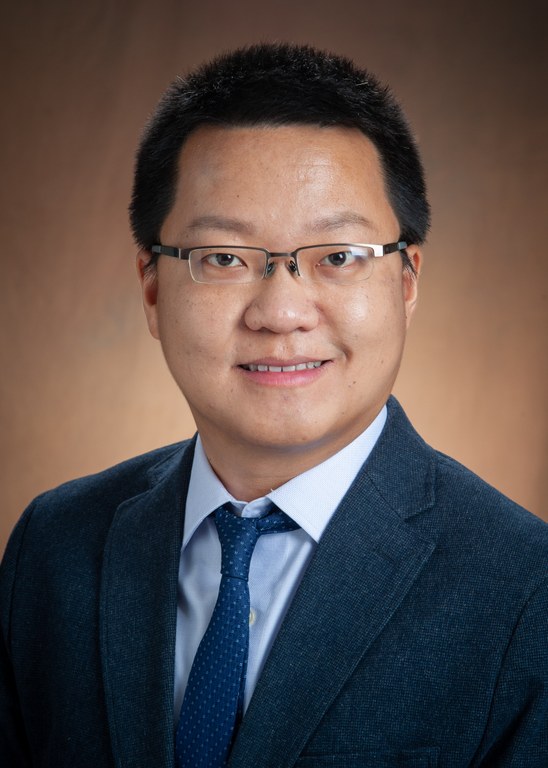Understanding the value of agricultural innovation and technology
Rao brings insights on agricultural research and development to Texas A&M’s Department of Agricultural Economics
Agricultural innovation and technology and their role in agricultural productivity will be a major focus for Xudong Rao, Ph.D., a new research associate professor in the Department of Agricultural Economics in the Texas A&M College of Agriculture and Life Sciences.

Along with conducting extensive research on innovation and technology adoption in agriculture, Rao has developed novel methods for evaluating their economic impact. His expertise also extends into the areas of risk and financial management for farms and agribusinesses, international agricultural development, and food and agricultural policy.
“Dr. Rao is a thought leader in the economics of agricultural innovation, productivity and efficiency, and his scholarly works have been published in some of the most reputable agricultural and applied economics journals,” said Rudy Nayga, Ph.D., head of the Department of Agricultural Economics and current president of the Agricultural and Applied Economics Association.
“We are glad to have someone of his caliber join our department and feel his work will greatly benefit the department and Texas A&M AgriLife Research as he collaborates with scientists in our many Texas A&M AgriLife Research and Extension Centers located throughout the state.”
Rao earned his doctorate in applied economics at the University of Minnesota Twin Cities. Prior to coming to Texas A&M, he was an assistant professor in the Department of Agribusiness and Applied Economics at North Dakota State University.
His work has appeared in the American Journal of Agricultural Economics, European Review of Agricultural Economics, Journal of Productivity Analysis, World Development, and Food Policy. He also serves as an associate editor for the international journal, Food Security, published by Springer.
Focus on agricultural innovation, technology
“Agriculture not only affects the welfare of individuals and families but also the availability of food supplies on a global scale,” Rao said. “And agricultural productivity hinges largely upon agricultural producers’ choice of technology, inputs and management strategies.”
His research has also addressed the validation and quantification of how investments in agricultural research and development pay off for producers, consumers and society, as well as inform policy makers.
Rao said his research will add to the collective understanding of how agriculture can benefit from existing technologies and how we might adapt current agricultural markets and policies for emerging technologies.
“Many universities and state agencies like those included within Texas A&M AgriLife receive federal and state funding to support their agricultural research,” he said. “My research on the economic evaluation of agricultural research investments will present evidence of the far-reaching impact of these kinds of investments and assist in setting future policy priorities.”
Peer researchers, policy makers and international institutions have all shown an interest in Rao’s research on agricultural research and development evaluation. In a widely circulated study, Rao and his collaborators found that international agricultural research done over the past five decades generated economic benefits of at least 10 times the amount invested.
The worldwide importance of agriculture
A self-described foodie, Rao said he has always been curious about the wide varieties of food made available to people in the different parts of the world where he has traveled or lived. These include Asia, Africa, Australia and North America.
“I have attributed this great achievement of our modern world to agriculture and its underlying economics, which is a field that has often been overlooked but matters very much to the lives and livelihoods of people worldwide,” he said.
As both an employee and a collaborator with academic institutions of different sizes on different continents, Rao said Texas A&M University has long impressed him by its pursuit of excellence, commitment to serving the public and support of its employees.
“I find very few institutions in the world better than Texas A&M for doing agricultural research,” he said. “While I was working in Europe, I learned of Dr. Nayga and his accoladed research on food and health economics, so I feel very fortunate to have the opportunity to work with him and many other notable agricultural economists in the same department.”


